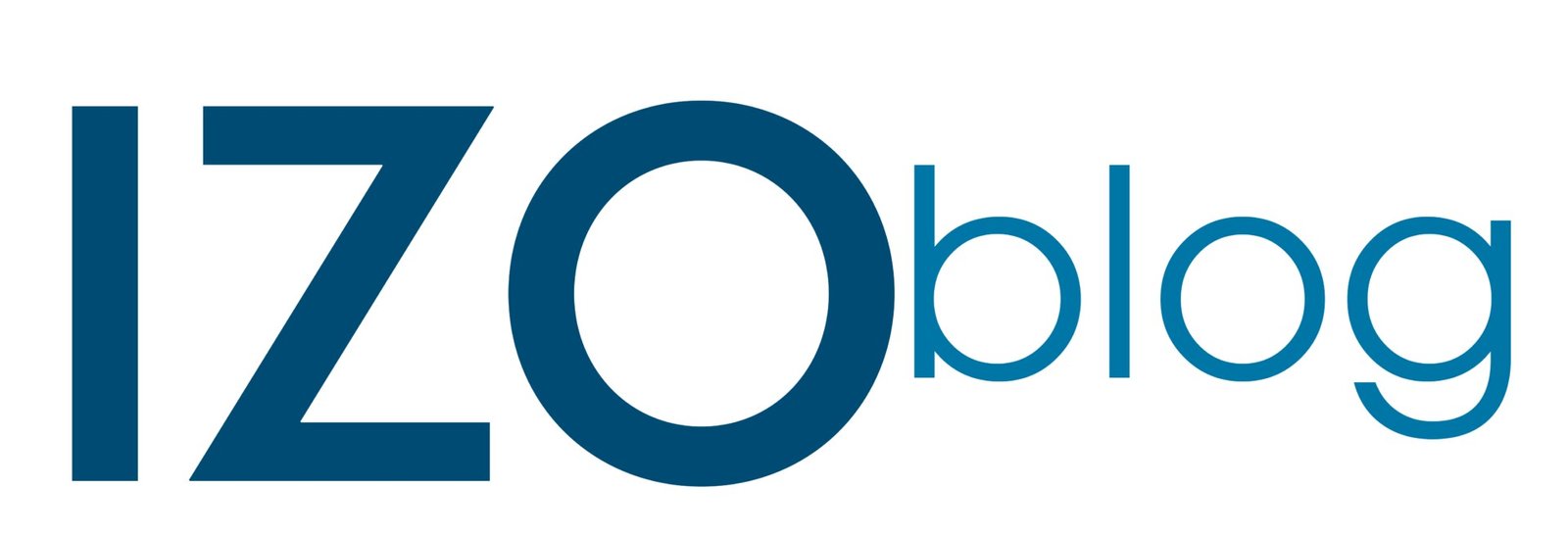Smart Square HMH: Revolutionizing Workforce Management in Healthcare

In today’s fast-paced healthcare environment, managing schedules, ensuring patient care, and optimizing staff resources are key challenges for healthcare institutions. The growing demand for seamless operations and real-time workforce management has made technology a critical player in the healthcare sector. Among the most transformative platforms designed for this purpose is Smart Square HMH, a cloud-based solution from Hackensack Meridian Health that revolutionizes scheduling, communication, and resource management.
This article will explore the significance, functionality, benefits, and implementation of Smart Square HMH, exploring how it enhances operational efficiency and patient care while supporting employee well-being.
1. Introduction to Smart Square HMH
Smart Square is a comprehensive workforce management tool developed by Hackensack Meridian Health in collaboration with Avantas, a leading provider of workforce management solutions. It was designed to streamline operations and offer real-time solutions to workforce challenges, such as managing healthcare staff schedules, handling patient demand surges, and reducing human error in shift allocations.
Given the complexities of healthcare operations—ranging from emergency response times to staffing in different departments—Smart Square is a dynamic solution that automates many administrative tasks. Its user-friendly interface ensures that both administrators and healthcare professionals can access the tools they need to manage their roles efficiently.
2. Key Features of Smart Square HMH
Scheduling Optimization
One of the cornerstone features of Smart Square HMH is its automated scheduling function. By integrating data from patient admissions, staffing availability, and employee skills, the platform generates optimized schedules that ensure the right person is in the right place at the right time. It reduces manual interventions, cuts overtime, and balances workloads across shifts.
Predictive Analytics and Data-Driven Insights
Healthcare staffing needs can be unpredictable, but Smart Square HMH uses predictive analytics to forecast future workforce needs. This tool analyzes historical data to identify trends, such as peak hours or seasonal fluctuations in patient volume. The system then proactively recommends staffing adjustments to mitigate potential shortages or surpluses.
Real-Time Collaboration Tools
Communication is vital in healthcare, especially when time-sensitive decisions need to be made. Smart Square HMH offers real-time collaboration tools that connect healthcare teams across departments. Whether it’s shift changes, patient updates, or department requirements, staff members can send secure messages to each other or receive real-time alerts about schedule changes or emergencies.
Employee Self-Service
Empowering employees to have more control over their work-life balance is another significant advantage of Smart Square. Through the platform’s self-service portal, healthcare professionals can:
- View their shifts
- Swap or bid on open shifts
- Request time off
- Update availability preferences
This flexibility improves employee satisfaction and reduces staff turnover, a persistent problem in healthcare.
Compliance and Reporting
Any medical facility must maintain compliance with labor laws and healthcare regulations. Smart Square ensures that schedules comply with industry standards and provides automated reporting features. These reports help administrators track overtime, shift patterns, and staffing costs, all of which are critical for audit trails and operational insights.
3. Benefits of Smart Square HMH
Enhanced Operational Efficiency
Smart Square HMH’s automation reduces the time spent on manual scheduling, freeing up time for administrators to focus on higher-level tasks. Its ability to align the workforce with patient demand means less wasted time and resources, directly improving healthcare facilities’ operational efficiency.
Improved Patient Care
At the core of healthcare is the commitment to providing high-quality patient care. By optimizing staff schedules to align with patient needs, Smart Square HMH reduces the likelihood of patient bottlenecks and wait times, ensuring that healthcare professionals are available when needed. Adequate staffing also minimizes errors in patient care, ultimately leading to better health outcomes.
Boosted Employee Satisfaction
Smart Square’s self-service features give healthcare staff more control over their schedules. With the flexibility to request shift swaps or time off, employees can better balance their professional and personal lives, which helps reduce burnout—a common issue in healthcare. Satisfied employees are likelier to deliver high-quality patient care and remain committed to their organizations.
Cost Efficiency
Staffing inefficiencies, particularly overtime and underutilized shifts, can lead to unnecessary expenses. By using predictive analytics to accurately forecast staffing needs, Smart Square helps minimize overtime costs. It ensures a more balanced allocation of resources, contributing to significant cost savings for healthcare organizations.
4. How Smart Square HMH Works
Login and Dashboard Overview
Healthcare professionals and administrators can access Smart Square HMH through a secure login portal. Upon logging in, a customizable dashboard greets users that provides a real-time snapshot of upcoming shifts, current staffing levels, and any urgent notifications.
The dashboard allows easy navigation to key features like scheduling, reports, and communication tools. For administrators, the dashboard also presents data-driven insights into staffing trends, employee attendance, and patient care metrics.
Navigating the Scheduling System
The scheduling module in Smart Square is designed to be intuitive and powerful. Healthcare workers can view weekly or monthly schedules, while administrators have access to a more advanced scheduling interface that allows them to:
- Assign shifts based on availability and skills
- Predict staff shortages
- View open shifts and shift bids
- Integrate patient census data to fine-tune staffing
Real-Time Alerts and Notifications
One of the platform’s standout features is its ability to send real-time notifications to staff about upcoming shifts, open slots, or emergency changes. These notifications can be accessed via the Smart Square mobile app, ensuring that healthcare teams are always up-to-date, no matter where they are.
5. Smart Square HMH for Administrators vs. Healthcare Staff
While both administrators and healthcare staff use Smart Square, their interaction with the platform differs significantly. Administrators benefit from its high-level reporting and workforce optimization tools, allowing them to monitor staffing efficiency, reduce overtime, and ensure compliance with labor regulations.
Conversely, healthcare staff primarily use Smart Square to manage their shifts, submit time-off requests, and communicate with colleagues. The platform’s mobile compatibility ensures staff can access critical information on the go.
6. Challenges in Workforce Management Before Smart Square
Before implementing tools like Smart Square, workforce management in healthcare was a tedious process fraught with inefficiencies. Schedules were often manually created, which left room for human error and over- or under-staffing. Administrators spent significant time balancing shift rotations, while employees had little flexibility to adjust their schedules. These challenges often led to burnout, patient care bottlenecks, and overtime costs.
7. The Future of Healthcare Workforce Management with Smart Square HMH
As technology advances, Smart Square is poised to evolve further. Integrating emerging technologies such as artificial intelligence (AI) and machine learning will enable even more precise staffing predictions and operational insights. Future iterations of the platform may also include enhanced telehealth capabilities, allowing remote staff to seamlessly integrate into the scheduling system.
8. Conclusion
Smart Square HMH represents a pivotal advancement in healthcare workforce management. Automating scheduling, providing real-time communication tools, and offering data-driven insights have transformed how healthcare institutions manage their most valuable resource—their staff. As the healthcare sector faces staffing challenges, Smart Square is a solution that improves operational efficiency, patient care, and employee satisfaction.
Through its comprehensive features and adaptability, Smart Square HMH is well-positioned to lead the future of healthcare workforce management and ensure that staff and patients receive the best care possible.
Frequently Asked Questions (FAQs)
What is Smart Square HMH, and how does it benefit healthcare facilities?
Smart Square HMH is a workforce management tool that optimizes healthcare staff scheduling, reduces inefficiencies, and improves patient care through predictive analytics and real-time collaboration tools.
How can healthcare staff use Smart Square HMH to manage their shifts?
Healthcare professionals can log into the Smart Square platform to view, swap, and bid on shifts, request time off, and manage their schedules via a self-service portal.
Does Smart Square help reduce healthcare staffing costs?
By using predictive analytics to optimize staffing levels, Smart Square reduces unnecessary overtime and improves resource allocation, lowering operational costs.
Can Smart Square HMH be accessed on mobile devices?
Yes, Smart Square offers a mobile-friendly interface, allowing healthcare staff to manage their schedules and receive real-time updates on the go.
How does Smart Square HMH improve patient care?
By ensuring optimal staffing levels and real-time communication among healthcare professionals, Smart Square HMH reduces patient wait times and enhances the quality of care.
Is Smart Square HMH suitable for both large hospitals and smaller clinics?
Absolutely. The platform is highly adaptable and customizable, making it suitable for various healthcare settings, from large hospitals to outpatient clinics.





